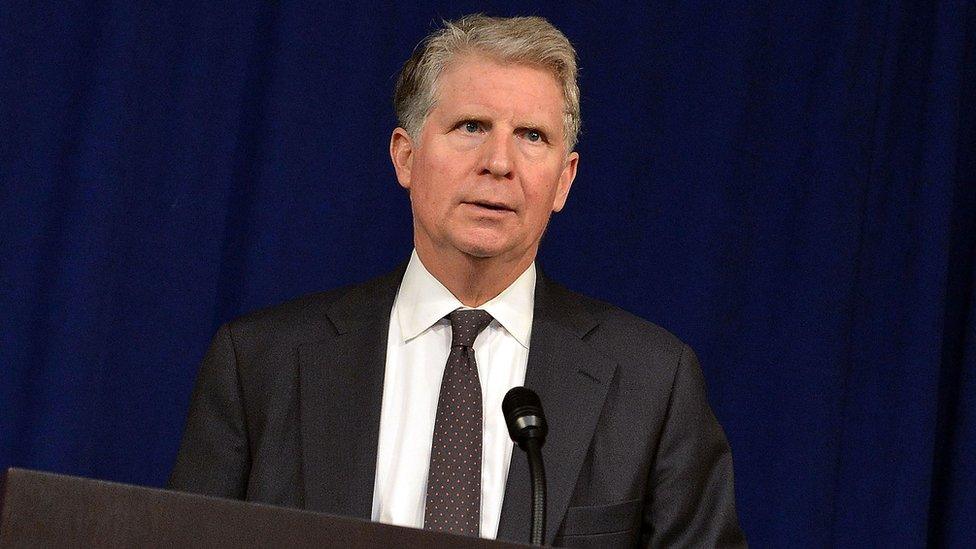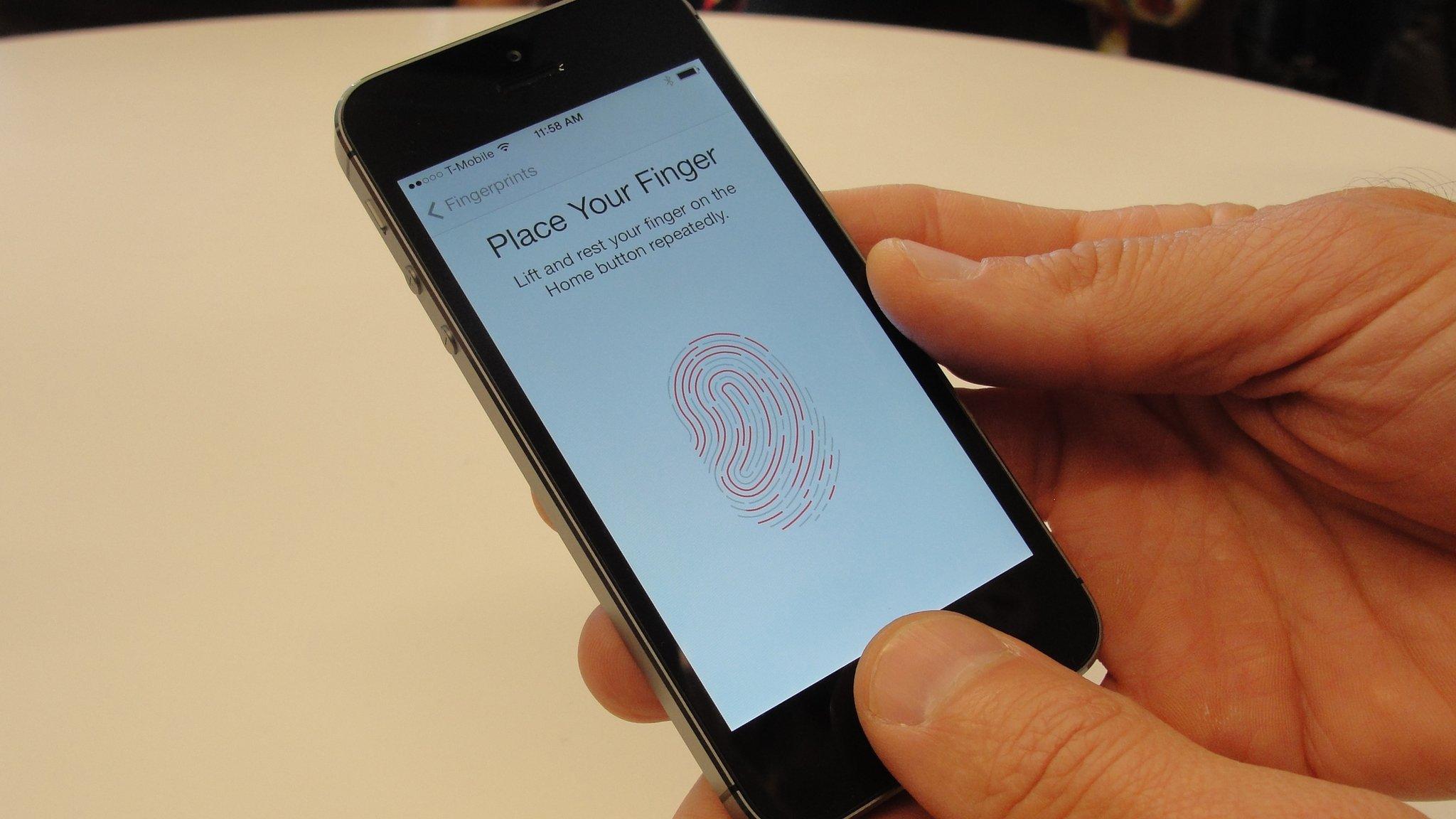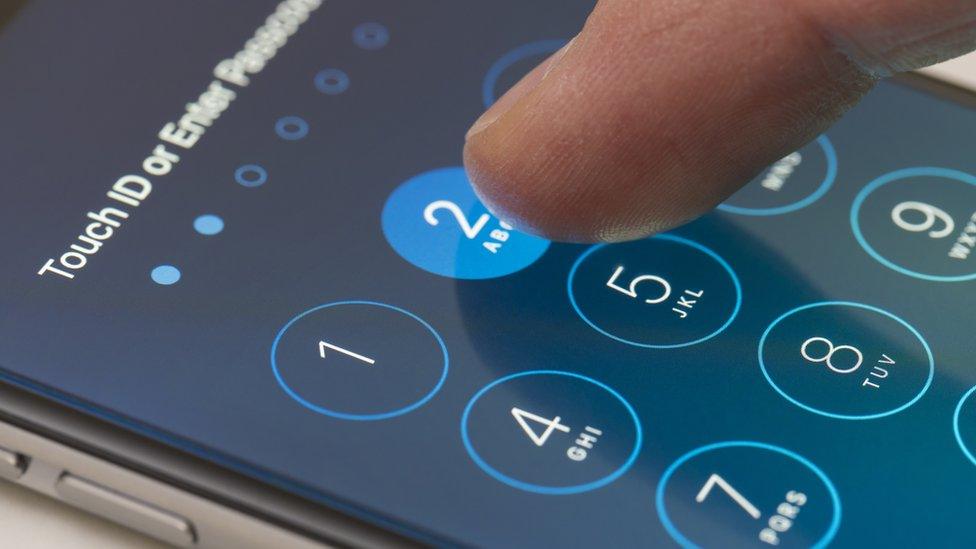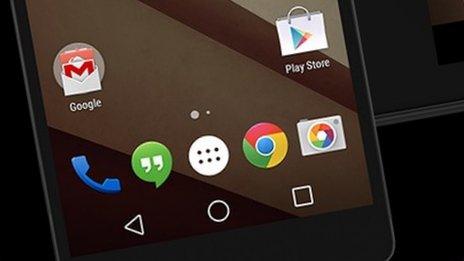US attorney calls for access to Google and Apple phones
- Published

Manhattan District Attorney Cyrus Vance has released the report, calling for access to encrypted data on smartphones
Law enforcement should have access to encrypted data on smartphones, a report from the Manhattan District Attorney's (DA) Office has said.
The report questions the approach of Apple and Google, whose iOS and Android operating systems encrypt data.
"The consequences of these companies' actions on the public safety are severe," the report says.
Recently, Apple refused a court order to unlock data on a smartphone that is part of a criminal case.
"Smartphones are ubiquitous, and there is almost no kind of case in which prosecutors have not used evidence from smartphones," says the report.
"Evidence from smartphones has been used across the country to investigate and prosecute homicides, rapes, assaults, domestic violence, narcotics rings, kidnappings, larcenies, frauds, and robberies."
No response
A series of case examples are given, along with several questions posed to Apple and Google enquiring about the technical details of their encryption schemes and their policies of not adhering to requests to decrypt data.
The Manhattan District Attorney's Office has previously sent letters to both companies asking some of these questions.
However, the it says it has received no response.
The report proposes smartphones be made subject to search warrants, meaning the operating system designer could be compelled to unlock encrypted data held on the device.
'Won't work'
Shane McGee, chief privacy officer at security company FireEye told the BBC he could not see Apple and Google agreeing to the proposals.
"It's just not going to work," he said, adding the idea could harm US commerce.
"It would basically be forcing technology companies in the United States to adopt and provide certain types of technology and avoid other types of technology."
The report was also criticised as "mischaracterising" the situation by Dr Joss Wright, at the Oxford Internet Institute.
"The reason Apple and Google can't do this anymore is because they've finally developed the technology, the phones are powerful enough and it's important enough," he told the BBC.
"For the result they're trying to achieve, they're basically asking for something that isn't practical.
"I question its proportionality. I think the harm it would do to security would be very great."
- Published17 November 2015

- Published27 October 2015

- Published21 October 2015

- Published13 January 2015

- Published19 September 2014
